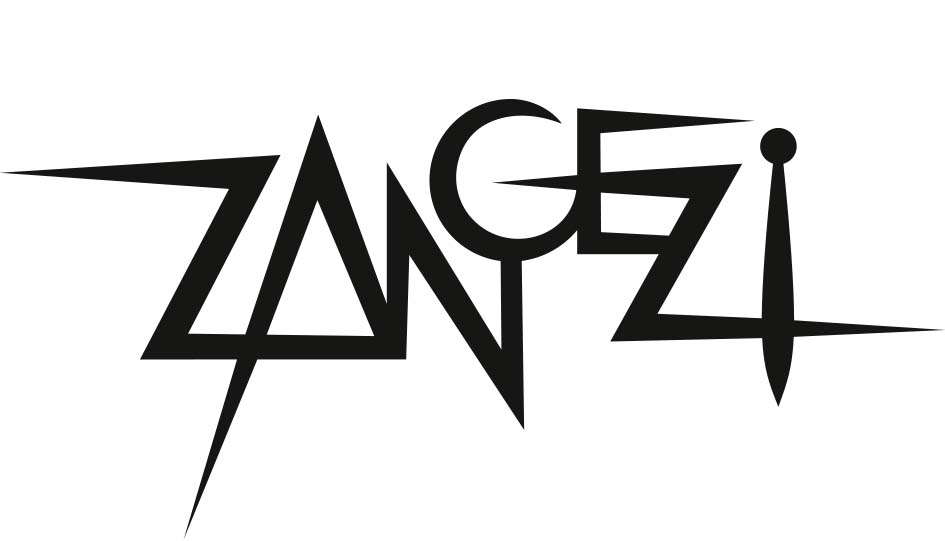ZANGEZI
Zangezi is a total work of art integrating visual art, music, and performance and which celebrates the dissolution of epic narrative form into new radical linguistic experiments.
The text, which represents the pinnacle of Khlebnikov's literary work, was written in Baku between 1920 and 1922 (the year Khlebnikov died of starvation).
A key player in Russian Futurism, Khlebnikov dreamed of a radical poetic renewal of language. Zangezi was written after the violent upheavals of World War I and the October Revolution, and its theme is language as sound: songs, noises, onomatopoeic sounds (such as birdsong), poetic monologues and dialogues between Zangezi, human and prophet, and the natural and divine world. Zangezi is legendary for its experimental and exuberantly playful use of language and its complete departure from traditional dramatic form.
At the center of Khlebnikov's work is the prophet Zangezi, a mixture of modern messiah, politician, and guru. Zangezi is able to communicate with birds, gods, and the cosmos. In the play, crowds gather in a mountain forest to listen to Zangezi's sermons and try to understand the languages of the superhuman world. Standing on his mountain, Zangezi communicates with the birds, who speak an onomatopoeic bird language. Zangezi is also in contact with the gods, who sing in incomprehensible tongues. Zangezi himself speaks in rhythmic verses, in poetic language and in lyrical monologues.
Zangezi also speaks the “star language”—a language consisting of consonants and invented words that not only has acoustic properties but is also connected to geometric points in space. This star language is the most extreme example of what the Russian Futurists called Zaum (a Russian word that can be translated as “beyondsense”). Zaum aimed to create a utopian, universal world language—a language composed of sounds, consonants, invocations, and incantations—in order to eliminate linguistic divisions between nations and peoples.
At the same time, Khlebnikov spent his entire short life searching for algorithmic formulas that would predict future historical events. He explored the boundaries between meaning and nonsense, madness and reason, order and disorder, earthly and cosmic experience in a playful and poetic by manipulating words and calculating numbers. Zangezi enunciates words that have been transformed into ecstatic, guttural primal sounds, reminiscent of the dawn of human history or the invented languages of children, in which the senses and the world are not yet separated by rational thought.
WHY ZANGEZI NOW?
In this innovative new performance, Zangezi is transported into the current technological state of the planet. In the current context of a world in which machines create language, hallucinate and make mistakes about a world in climatological and political disarray, Zangezi powerfully resonates between the futurist moment 104 years ago and our unstable present and future.
